
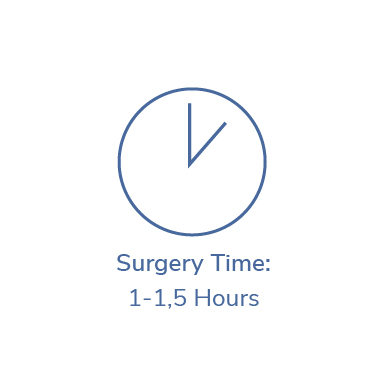





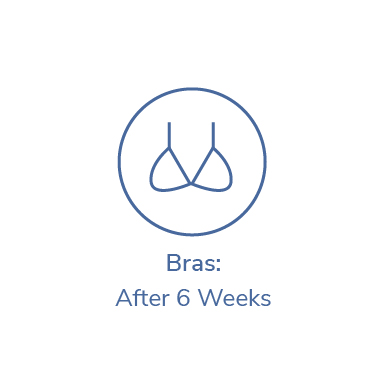
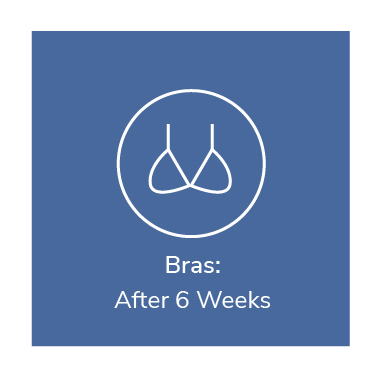




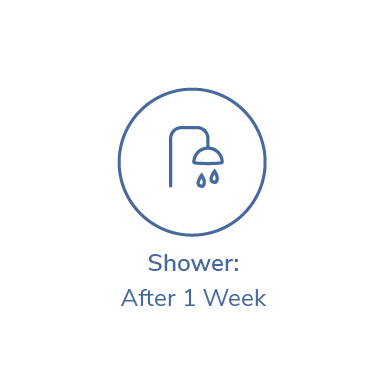
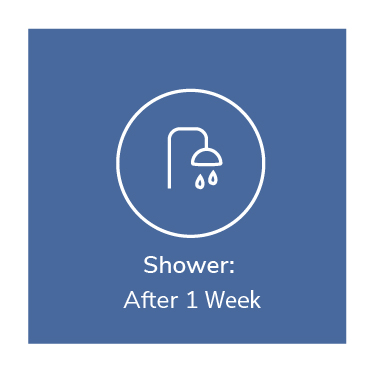
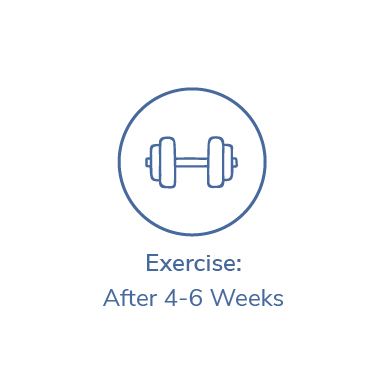
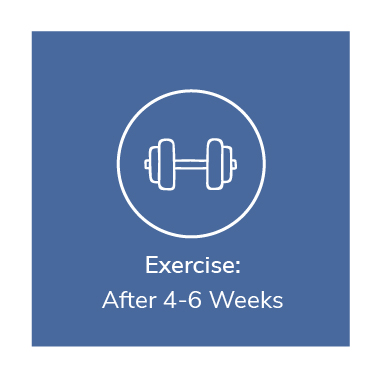

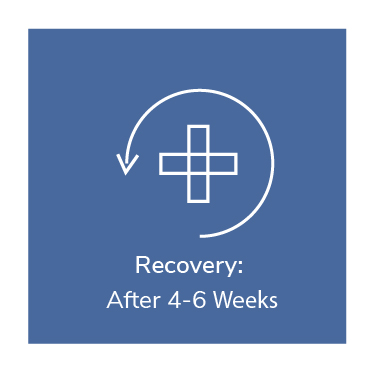


WHAT IS AN Anti-Wrinkle Injection?
An anti-wrinkle injection, also known as a botulinum toxin injection or neuromodulator, is a non-surgical cosmetic procedure used to reduce the appearance of wrinkles and fine lines on the face. The most commonly used brand of botulinum toxin for this purpose is Botox®.
During the procedure, a small amount of botulinum toxin is injected into specific muscles responsible for causing wrinkles and lines. The toxin works by temporarily blocking the nerve signals to these muscles, which in turn relaxes them. This relaxation smoothes the overlying skin, reducing the appearance of wrinkles and giving a more youthful appearance.
Anti-wrinkle injections are commonly used to target dynamic wrinkles, which are wrinkles that form due to repeated muscle contractions, such as frown lines between the eyebrows, forehead lines, and crow's feet around the eyes. By relaxing the underlying muscles, the injections can soften or eliminate these lines.
The procedure is relatively quick, often taking just a few minutes to perform. Discomfort during the injections is typically minimal, and no anesthesia is required. Results gradually become noticeable within a few days, with the full effects typically seen within 1 to 2 weeks. The duration of the results can vary but generally lasts for several months before a follow-up treatment is recommended.
Anti-wrinkle injections, such as botulinum toxin injections, offer several benefits for individuals seeking to reduce the appearance of wrinkles and fine lines. Some of the key benefits include:
Wrinkle reduction: Anti-wrinkle injections effectively reduce the appearance of dynamic wrinkles caused by repetitive muscle contractions, such as frown lines, forehead lines, and crow’s feet. By relaxing the underlying muscles, the injections smooth out these wrinkles, providing a more youthful and rejuvenated appearance.
Non-surgical and minimally invasive: Anti-wrinkle injections are a non-surgical cosmetic procedure, meaning they do not require incisions, anesthesia, or significant downtime. The injections are performed with small needles, making the procedure minimally invasive and resulting in minimal discomfort.
Quick and convenient: The procedure is typically quick, often taking just a few minutes to complete. This makes it a convenient option for individuals with busy schedules, as it can be easily incorporated into their routine without major disruption.
Natural-looking results: When administered by a skilled healthcare professional or cosmetic surgeon, anti-wrinkle injections can provide natural-looking results. The injections are carefully targeted to specific muscles, allowing for precise control over the desired outcome while maintaining facial expression and avoiding a frozen or overdone appearance.
Temporary effects: The effects of anti-wrinkle injections are temporary, which can be seen as an advantage for individuals who prefer flexibility in their cosmetic treatments. The duration of the results varies but generally lasts for several months. This allows for adjustments or modifications to be made over time to suit changing aesthetic goals.
Versatility: Anti-wrinkle injections can be used to address various areas of concern on the face, including forehead lines, glabellar lines (between the eyebrows), and crow’s feet. They can also be utilized for other purposes, such as reducing excessive sweating (hyperhidrosis) or managing certain medical conditions, as determined by a healthcare professional.
The candidacy for anti-wrinkle injections, such as botulinum toxin injections, can vary depending on individual factors and goals. Generally, suitable candidates for anti-wrinkle injections include:
Individuals with dynamic wrinkles: Anti-wrinkle injections are primarily used to target dynamic wrinkles caused by repetitive muscle movements. If you have wrinkles and lines that are more noticeable when you make facial expressions (such as frown lines, forehead lines, or crow’s feet), you may be a candidate for these injections.
Adults in good overall health: Candidates for anti-wrinkle injections should be in good general health, without any active infections or underlying medical conditions that may interfere with the procedure or healing process. It’s important to disclose your complete medical history and any medications or supplements you are taking during your consultation.
Realistic expectations: Candidates should have realistic expectations about the outcomes of anti-wrinkle injections. While the injections can significantly reduce the appearance of wrinkles, they may not completely eliminate them or stop the natural aging process. Understanding the limitations and potential results of the treatment is crucial.
No contraindications or allergies: Certain medical conditions or allergies may make individuals ineligible for anti-wrinkle injections. It’s important to inform your healthcare professional of any known allergies, especially to botulinum toxin or any other ingredients in the injections.
No current pregnancy or breastfeeding: The safety of anti-wrinkle injections during pregnancy or breastfeeding has not been established. Therefore, it is generally recommended to postpone the treatment until after these periods.
Aftercare following anti-wrinkle injections is important to optimize results and minimize potential side effects. Here are some general guidelines for post-treatment care:
Avoid touching or rubbing the treated areas: For the first few hours after the injections, it’s best to avoid touching or rubbing the treated areas. This helps prevent the spread of the injected substance to unintended areas and ensures it remains localized to the targeted muscles.
Stay upright and avoid strenuous activities: It’s advisable to remain in an upright position for at least four hours after the injections. This helps prevent the migration of the injected substance and allows it to settle properly into the targeted muscles. Avoid engaging in vigorous exercise, heavy lifting, or activities that may cause excessive sweating for at least 24 hours after the treatment.
Avoid facial massages or facials: Refrain from getting facial massages or any facial treatments, including chemical peels or microdermabrasion, for at least two weeks after the injections. These activities can potentially disrupt the placement and distribution of the injected substance.
Minimize alcohol consumption: To reduce the risk of bruising or swelling, it’s recommended to avoid excessive alcohol consumption for at least 24 hours after the treatment.
Be cautious with medications and supplements: Certain medications and supplements, such as blood thinners (e.g., aspirin, ibuprofen) and herbal supplements (e.g., ginkgo biloba, fish oil), may increase the risk of bruising. It’s important to follow the instructions provided by your healthcare professional regarding the use of such medications or supplements after the injections.
Apply cold compresses (if advised): If your healthcare professional recommends it, you can gently apply cold compresses to the treated areas to help reduce swelling or discomfort. Be sure to follow the specific instructions provided by your healthcare professional.
Follow-up appointments: Attend any scheduled follow-up appointments to assess your progress and address any concerns or questions you may have. These appointments are crucial for ensuring optimal results and determining if any touch-up treatments are needed.


WHAT they say
Before the treatment I was always bullied about my lopsided face and bad skin condition. Thank you!
virginia hudson
Beauty has so many forms, and I think the most beautiful thing is confidence and loving yourself.
Kiesza
I had the most amazing experience, from the moment I walked in to the moment I walked out I was cared for with such compassion. All the nurses were amazing, they tucked me in bed, they poured my tea, I cannot fault them. It was like being looked after by family. My anesthetist and surgeon explained everything in detail, I knew exactly what to expect. I would definitely stay here again.
Laura
I was really pleased with the care and treatment that I received at Welbeck Hospital. My surgeon was kind and informative and explained the entire procedure to me. I recovered completely fast. I would recommend it to everyone.
Eva Elliot
FAQS
Anti-wrinkle injections, typically using botulinum toxin, work by temporarily relaxing the underlying muscles responsible for causing wrinkles and lines. This relaxation smoothes the overlying skin and reduces the appearance of wrinkles.
When administered by a qualified healthcare professional, anti-wrinkle injections are generally considered safe. However, like any medical procedure, there are potential risks and side effects, which can be minimized by choosing an experienced injector.
Discomfort during anti-wrinkle injections is typically minimal. The procedure involves using small needles, and many injectables contain a local anesthetic or numbing agent to enhance patient comfort.
The effects of anti-wrinkle injections are temporary and vary among individuals. Generally, results last for several months before the muscle activity gradually returns. Repeat treatments are typically needed to maintain the desired results.
Yes, anti-wrinkle injections can often be combined with other cosmetic treatments, such as dermal fillers or laser therapies, to achieve more comprehensive facial rejuvenation. Your healthcare professional can provide guidance on the best combination for your specific needs.
Some potential side effects may include temporary redness, swelling, bruising, or mild discomfort at the injection sites. These effects are usually mild and resolve on their own within a few days.
Results from anti-wrinkle injections typically become noticeable within a few days, with the full effects appearing within one to two weeks. The exact timing may vary based on individual factors.
Anti-wrinkle injections are intended to soften wrinkles while maintaining natural facial expressions. With appropriate dosage and placement, you should still be able to make normal facial expressions, albeit with reduced muscle movement in the treated areas.







